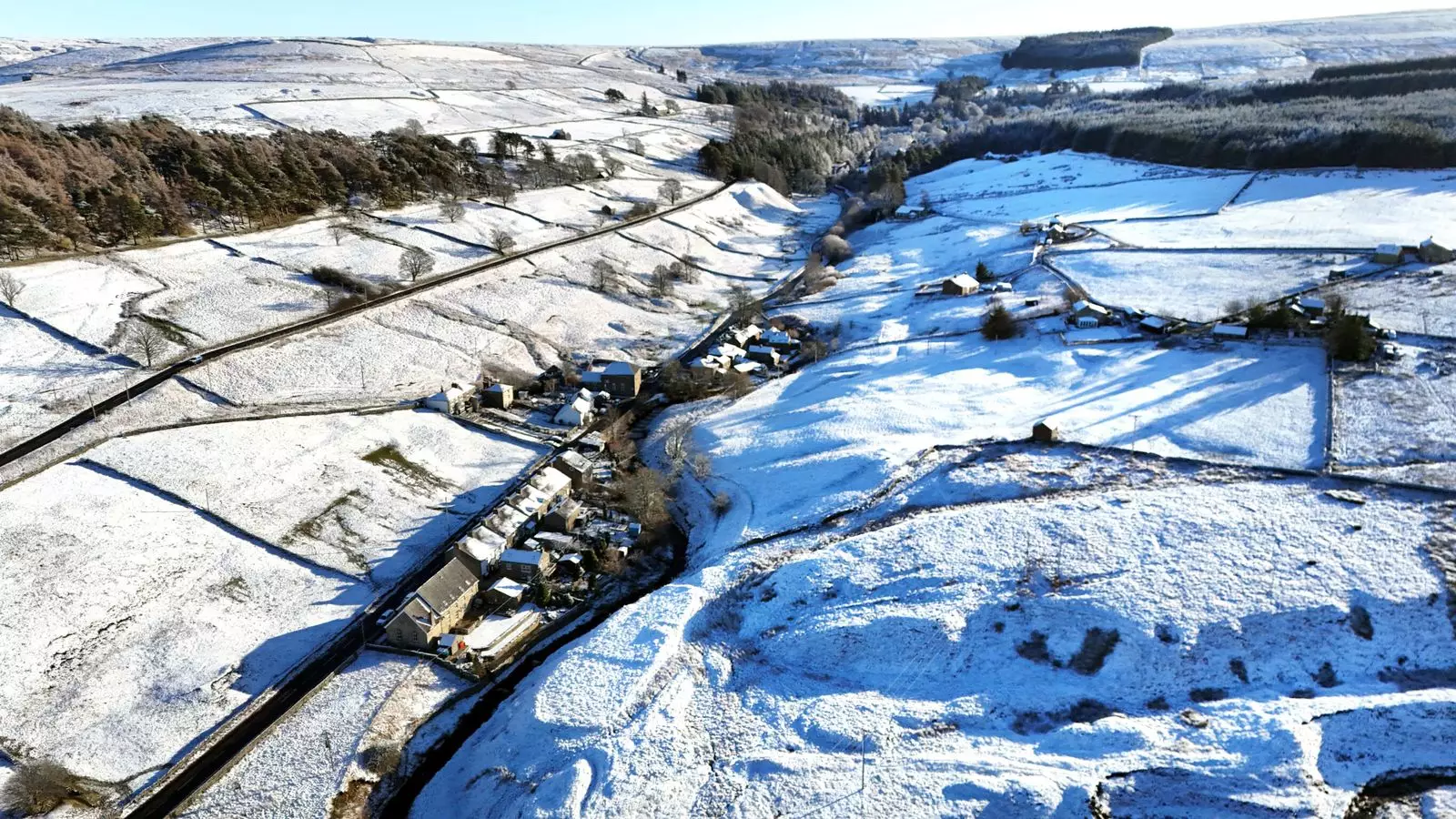As the UK prepares for a significant drop in temperatures, weather warnings for snow and ice have emerged, prompting the UK Health Security Agency (UKHSA) to issue alerts across England. With expected lows of minus 8C, the upcoming week poses notable risks, particularly for vulnerable populations. In this article, we will dissect the implications of these forecasts, strategies for personal safety, and the broader effects on society during challenging weather conditions.
The UK is entering a freezing phase, with temperatures expected to hit minus 8C in northern regions and Scotland. The UKHSA has issued amber alerts, indicating a potential rise in health risks, especially for those aged 65 and older or individuals with preexisting health issues. Such temperatures are alarmingly low for this time of year, prompting widespread caution across the entire country.
Meteorologist Dan Stroud from the Met Office emphasized the extensive reach of this severe cold, noting that frost will blanket areas from Land’s End to John O’Groats. Stroud highlighted that the bitter chill will dip significantly below seasonal averages, particularly emphasizing the harsh conditions expected over the weekend and into the following week. This has raised concerns about the health impacts, including increased hospitalization rates due to cold-related ailments.
In response to the impending cold, health agencies and local authorities have been proactive in sharing safety advice. The NHS Black Country integrated care board released guidance advising individuals to avoid unnecessary outings during times of severe frost or darkness. Recommendations include wearing appropriate footwear to prevent slips and falls and maintaining well-stocked supplies of food and medication for home seclusion scenarios.
Similarly, local councils in London activated emergency protocols for accommodating the homeless during the cold snap. This measure underscores the need for humanitarian responses during extreme weather, ensuring that vulnerable populations have safe shelter from the treacherous conditions. Such initiatives are crucial in mitigating the potentially devastating impact of cold weather on society’s most at-risk individuals.
Impending Snowfall and Travel Challenges
The Met Office has also issued yellow warnings indicating potential icy conditions across various regions, notably northern and western Scotland, as well as Northern Ireland. The warnings suggest that travel could become hazardous, with considerable snow accumulation expected in the Midlands, Wales, and northern England.
Forecasts predict widespread snowfall, with estimates ranging from 5cm across vast areas to as much as 30cm in elevated regions like the Pennines and parts of Wales. Heavy snow combined with strong winds could result in dangerous conditions, including snowdrifts that obstruct roadways and disrupt transport networks.
In addition, a separate warning for Scotland highlights concerns for travel safety over the coming days, with significant impacts anticipated from late Sunday through mid-Monday. Such severe weather conditions necessitate careful planning and awareness for those who must travel.
The current cold snap is a testament to the dramatic weather shifts that can disrupt daily life, as seen recently in Greater Manchester where heavy rainfall led to flooding, requiring evacuations and travel disruptions. This incident serves as a reminder of the interconnectivity of weather systems and their cascading effects on communities.
The mental and physical health implications of severe weather should not be overlooked. With an expected increase in emergency room visits due to cold-related illnesses, health systems may face added pressure during this time. Local health authorities must remain vigilant, ensuring they have the capacity and resources to respond to increased demand.
The United Kingdom is bracing itself for a critical week marked by plummeting temperatures and challenging weather conditions. By following recommended safety precautions and supporting those in need, communities can navigate this winter challenge more effectively. The combined efforts of health agencies, local authorities, and residents will be vital in mitigating risks and ensuring public safety during such perilous times.

